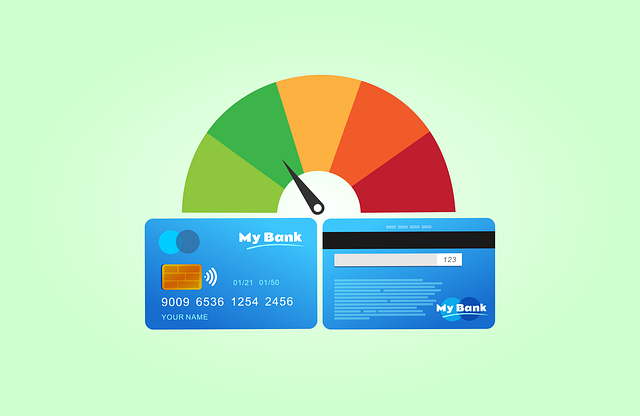Invoice financing offers startups and small businesses a flexible alternative to traditional loans by using outstanding invoices as security. Unlike bank loans that require collateral and strict credit checks, this method allows companies to access funds based on future revenue without immediate repayment. It improves cash flow management by enabling businesses to sell invoices at a discount to finance providers, covering expenses and facilitating growth or operations during tight financial periods. Particularly advantageous for startups with limited historical data or credit history, invoice financing provides accessible funding with minimal documentation, making it an attractive choice compared to loans, especially for those facing cash flow issues without compromising long-term prospects. (invoice financing vs loans)
In today’s fast-paced startup landscape, accessing capital is a significant hurdle. Invoice financing emerges as a game-changer, offering an alternative to traditional loans. This innovative funding method provides startups with a unique advantage—improving cash flow management while streamlining the funding process. Unlike conventional loans, invoice financing boasts flexible terms and no collateral requirements, making it an attractive option for young businesses aiming to unlock growth potential. Dive into this comprehensive guide to uncover how invoice financing can revolutionize your startup’s financial strategy.
- Understanding Invoice Financing and Its Unique Advantages
- – Definition of invoice financing
- – How it works for startups
Understanding Invoice Financing and Its Unique Advantages

Invoice financing offers a unique alternative to traditional business lending, particularly appealing to startups and small businesses looking for flexible capital options. Unlike bank loans that often require collateral and strict credit checks, invoice financing leverages outstanding invoices as collateral. This means businesses can access funds based on their future revenue, providing a cash flow boost without the pressure of immediate repayment.
One of the key advantages of invoice financing over traditional loans is its ability to help companies manage cash flow more effectively. By selling invoices at a discount to finance providers, businesses gain immediate access to capital, enabling them to cover expenses, invest in growth opportunities, or simply maintain operations during periods of tight cash flow. This approach can be particularly beneficial for startups with promising revenue streams but limited historical data or credit history.
– Definition of invoice financing

Invoice financing is an alternative funding method that allows startups and businesses to access cash flow by selling their outstanding invoices or accounts receivable to a third-party funder, often at a discount. Unlike traditional loans that require collateral, invoice financing focuses on the creditworthiness of the business and its customers. This process involves several steps: the business submits its invoices for approval, the funder advances a percentage of the total amount, and once the customer pays the invoice, the remaining balance is settled with interest.
One key advantage of invoice financing over traditional loans is that it provides immediate access to capital without the need for extensive documentation or asset pledging. This can be particularly beneficial for startups that may lack collateral or a strong credit history but have a steady stream of invoices from their customers. It also offers flexibility in terms of repayment, as businesses are essentially paying back what they owe when they receive payment from clients, aligning with their cash flow cycle.
– How it works for startups

Startups often face cash flow challenges due to their stage in the business lifecycle, with limited historical data and access to traditional financing options. Invoice financing presents a viable alternative to loans, allowing them to turn outstanding invoices into immediate capital. This process involves selling accounts receivable (invoices) to a financier at a discount, providing quick access to funds. It’s particularly beneficial for startups with healthy sales but insufficient working capital.
Unlike loans that require collateral and strict repayment terms, invoice financing is non-intrusive. Startups can maintain ownership of their invoices and focus on growth while repaying the financing based on the agreed-upon percentage of each customer’s payment. This method offers flexibility, faster funding, and reduced financial burden, making it an attractive choice for businesses looking to navigate cash flow issues without sacrificing long-term prospects.






